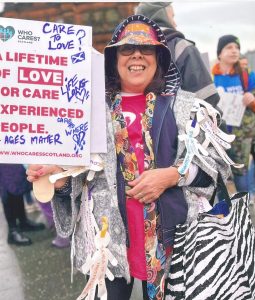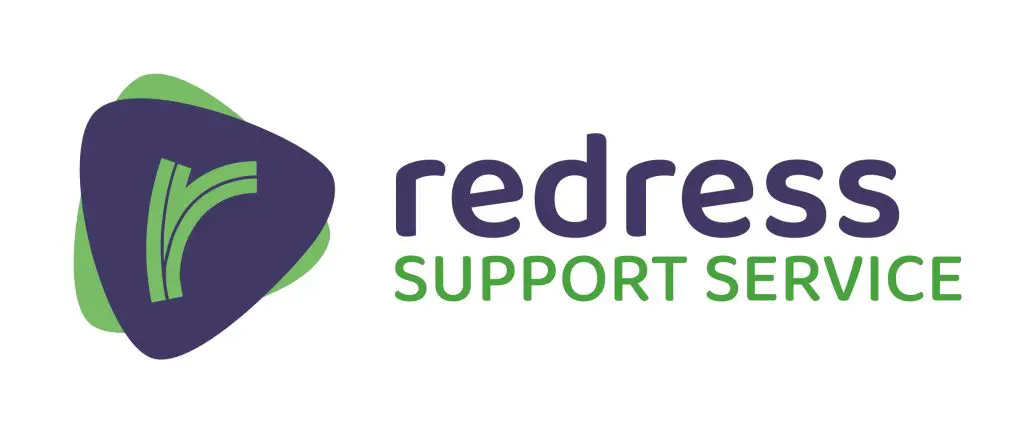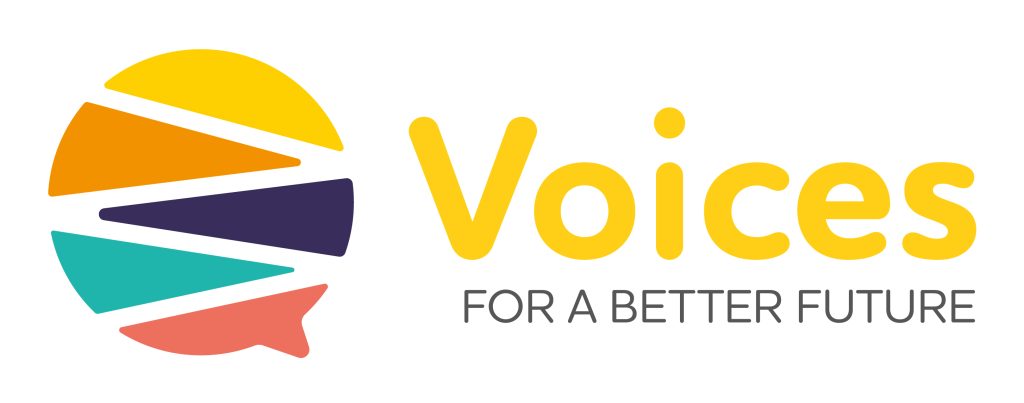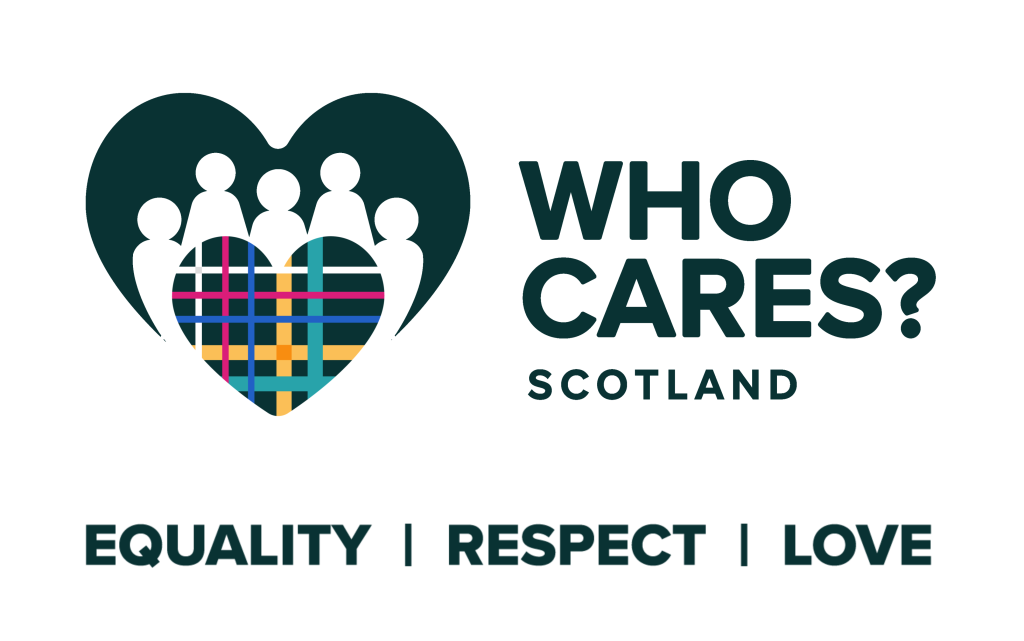Pauline shares her experience of using her voice to improve services, support herself and help others.

Voices for a Better Future
Pauline is part of Voices for a Better Future. The members of this group have been supported by Future Pathways. They are a lived experience group.
The group offers guidance and advice to Future Pathways. They make sure that the service always considers the views of the people we support. Three of the members of Voices for a Better Future are also on the Alliance Leadership Team, which runs Future Pathways.
“I am part of Voices for a Better Future and the Alliance Leadership Team. I believe that any person should have the right to raise an issue with Future Pathways that they are concerned about. Maybe you don’t feel you can raise it or don’t know where to go. But the people on the Leadership Team do care. We want to do the right thing. I got involved because I wanted to know more, to try to help influence policy and to help to get the ball rolling.”
Volunteering
Pauline also uses her time to support children and young people who are carers. This started in lockdown.
“I got my qualifications during lockdown for working with kids who were young carers. These kids needed a rest during lockdown and I thought if I could give them a voice, I would, and I did. They were amazing kids with amazing ideas. I got thank you cards from lots of people because of the work I’ve done. I don’t always realise it myself. Sometimes if you can’t do something for yourself, doing something for someone else is enough and that can help you too.”
Connection
“I’ve moved in to disabled accommodation now. It was a horrible thing to happen but it is a lovely house and I got a lot of support from a woman from a third sector service. I was connected to her by Future Pathways. What a journey we have been on!”
“Future Pathways also supported me to get a computer and I worked with a wonderful Support Coordinator. I got my computer set up and got myself online. All these things I’ve been doing have come out since I joined with Future Pathways. Having a computer means I have that lifeline, that link – I can take part in things. I’ve been given the chance to give back a little bit and help other people. And it’ll keep going. And we can only make it better.”
Who Cares? Scotland
Who Cares? Scotland is Scotland’s only national independent membership organisation for Care Experienced people. They campaign for the rights of Care Experienced people.
“I’ve been involved with Who Cares? Scotland since I was 14 and I’m now in my 50s. When I was young, I joined and went along because you got free juice and crisps. Then it became about the people, then it became about what the people were trying to do. It does make me cry with pride when I see how well Who Cares Scotland is doing since I’d been that little kid.
“I know things have improved since my generation and things are different now. But there is still stigma, problems, fragmentation, the feeling of not fitting in and lack of connection. It’s important to keep improving services for care experienced people – that is my view and in my heart of hearts, and what keeps me ticking along.”

Applying to Scotland’s Redress Scheme
“I gave it a lot of consideration. It wasn’t about the money. It was about feeling validated,
listened to, heard. Yes, we are ‘victims’ – I know a lot of people don’t like that word. But when I was that child, I was a victim. Now I might be called a ‘survivor’. It was very difficult to apply to
redress. And a lot of people don’t know that they are entitled to it, or they know but don’t want to interact. When you’ve been conditioned not to have a voice, it’s difficult to think you do.”
Writing
“During the redress process, I wrote a book for myself which was a therapeutic journey. And thanks to Future Pathways, it can now go to print. I love my writing. I did a peer-to-peer writing group and ended up facilitating it for three months. I write my way out of trouble and that’s how I’ve always done it. The thing about writing – the beauty of it – is it can be anything you want it to be. It allows you the space to think. You can think about what you’ve written and why you’re writing it.”
The recovery journey
“It’s important to know that recovery can be slow, and happens only when you’re ready and when you want to engage. Getting support means you can get the tools to help you. But it’s up to you to make good use of them. Everyone has a toolbox and needs to keep adding to it. Throughout this, remember your achievements. And finally, what else has helped me is music. I would suggest listening to ‘The Climb’ by Miley Cyrus, ‘This Is Me’ by Keala Settle and ‘Ten’ by Nathan Dawe.”

If you are applying to the Scottish Government’s Redress Scheme, or if you are thinking about applying, the Redress Support Service is there for you. The service offers support to people on their redress journey. Find out more at www.redress-support.scot

Future Pathways’ lived experience voice group is a safe space where members can offer guidance and advice to the Alliance Leadership Team and influence aspects of the design and delivery of Future Pathways. Find out more about the group and their work at www.future-pathways.co.uk/who-we-are/voices-for-a-better-future

